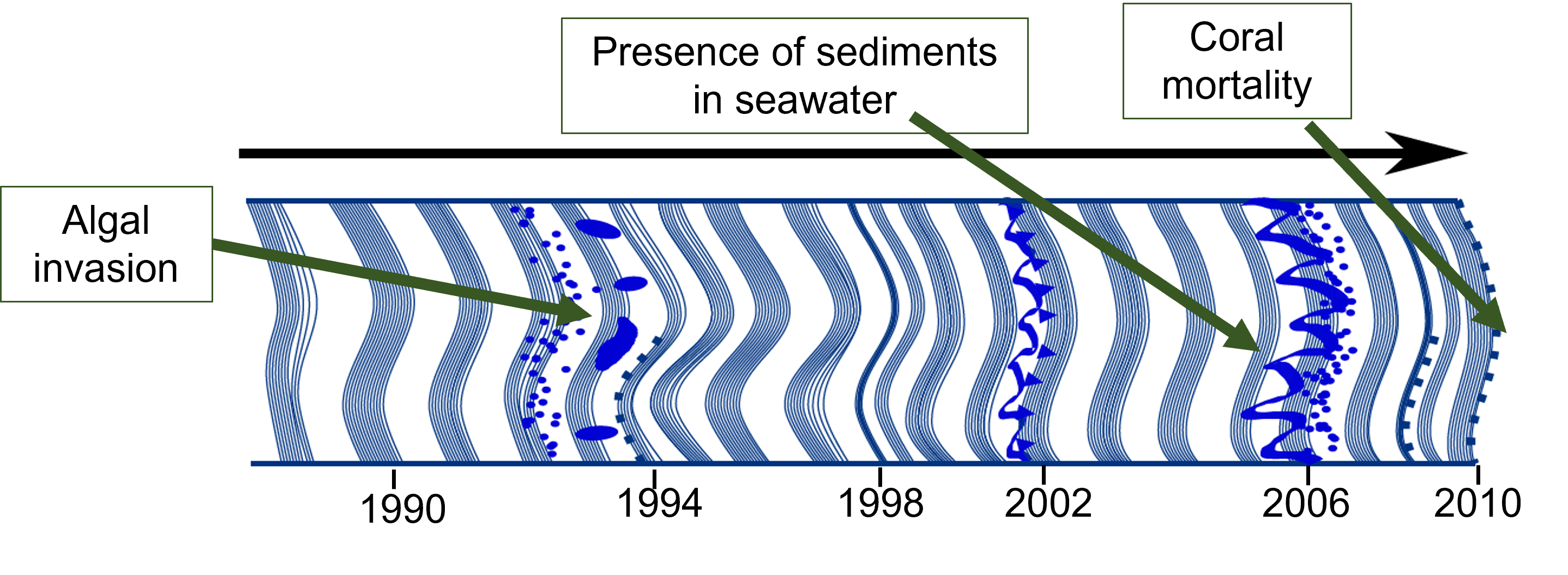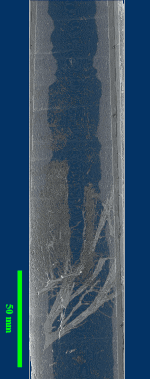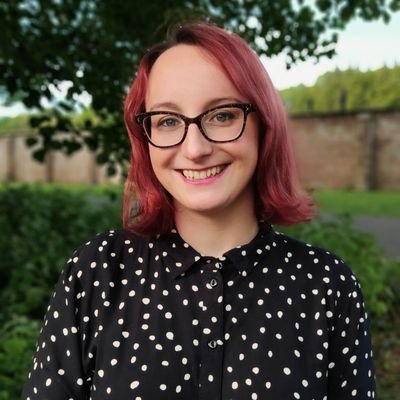Outreach
I really enjoy engaging with the broad society and transmitting how exciting science is. Whether it is through talks addressed to the general public, or activities focused to specific audiences, I consider outreach to be key in bringing science to everyone. I have implemented several earth science workshops focusing on different topics such as the rock cycle, fossil formation and palaeontology, and human impacts on coral reefs directed towards both primary and secondary schools.
Being a coral detective
This is an activity targeted towards KS4 (and KS3 Yr9) and has a duration of 1h30min. The series of topics explored during this activity include:
- Introduction to coral reefs, coral growth, human impacts and climate change.
- Practical demonstration on our 3D reef: Impacts of coastal development, high sedimentation, ocean warming and bleaching.
- Hands-on exercise: The students become coral scientists, and study “coral records” from a tropical island to reconstruct the history of a village and the land they inhabite.

If you would like to know more about this activity, get in touch!
Public talks
Meet an Earth Scientist – The Geological Society
This talk is framed within the European Researcher’s Night and organised by the Geological Society of London. During different sessions, students and teachers had the chance to meet four female earth scientist and learnt about their jobs.
Here I talked about coral archives and how we can use them to decipher what the ocean was like in the past.
Tales from the reef: The impact of environmental changes on corals - GeoTalks webinar series University
GeoTalks are organised by the School of Earth and Environmental Sciences from Cardiff University and they represent a chance for the general public to join researchers as they discuss the processes that shape our planet, natural environments, and why geoscience is important for our society.
On this webinar we discuss corals, the tiny animals that build some of the largest living structures on Earth, being threatened by global warming, ocean acidification, water pollution and overfishing. Also, we explore how coral scientists recover past environmental clues from long-lived corals, and why this information is important to understand how coral reefs will respond to future change.
Media
Sobre arrecifes de coral y cambio climático – Nos vamos de Podcast
An interview in “Nos vamos de podcast” hosted by Ana Baquerizo where we discuss how climate change is affecting coral reefs around the world (in Spanish).
¿El fin de los corales? – Noosfera
An interesting chat about what are corals, why are they so important for human society and what is endangering them in “Noosfera”, the La Razón science podcast, hosted by Ignacio Crespo (in Spanish).
Teaching
Current Issues in Environmental Sciences (OCE4017 - FSU, Fall24 & Fall25)
The overarching themes of this course are the impacts of anthropogenic activity on the Earth’s systems (i.e., water and atmospheric pollution, waste production, climate change, biodiversity loss) and the need to implement solutions within the framework of sustainable development and the Sustainable Development Goals. This course focuses not only on general knowledge of environmental issues and how human society is facing them but pays special attention to the role of environmental scientists in this context. By better understanding the complexities of natural and human systems (scientific analysis) and communicating the science effectively to stakeholders, environmental scientists play a key part in society.
This is reflected in the Learning Outcomes of the course: 1) Understand the importance of ecosystem services, and how we depend on and affect them. 2) Acquire the necessary tools to critically evaluate environmental issues and approach them from sustainability. 3) Effectively communicate scientific data and results to decision-makers. 4) Reflect critically about our roles as citizens, consumers, and environmental actors in a complex, interconnected world.
Student supervision
- Mr Jacob Lloyd-Newman: I co-supervised this MSci research project during my PhD at Cardiff University. This work examined the potential drivers of bioerosion in massive Porites on an inshore reef in Fiji using computed tomography (CT) to quantify annual bioerion rates on a coral core.

Teaching assistant
I assisted in the implementation of practical sessions as ‘demonstrator’ in the following undergraduate modules of various BSc programs at the School of Earth and Environmental Sciences (Cardiff University):
- Marine Environmental Systems (Year 2021-2022)
- Coral Reefs (Year 2020-2021)
- Biogeochemistry (Years 2019-2020, 2020-2021)
- Earth surface processes (Year 2018-2019)
